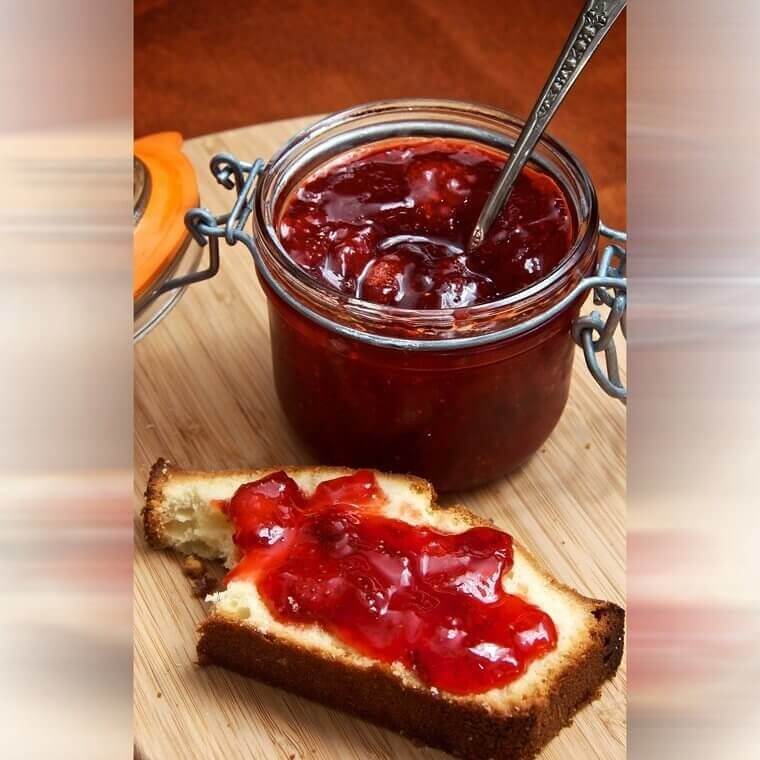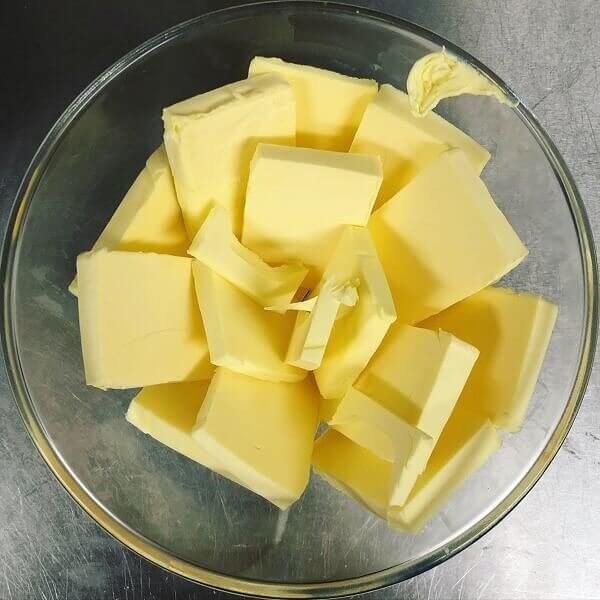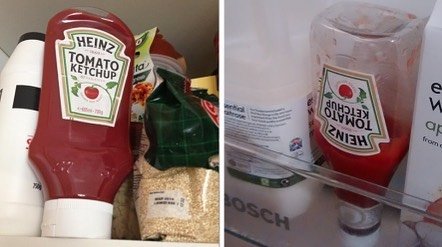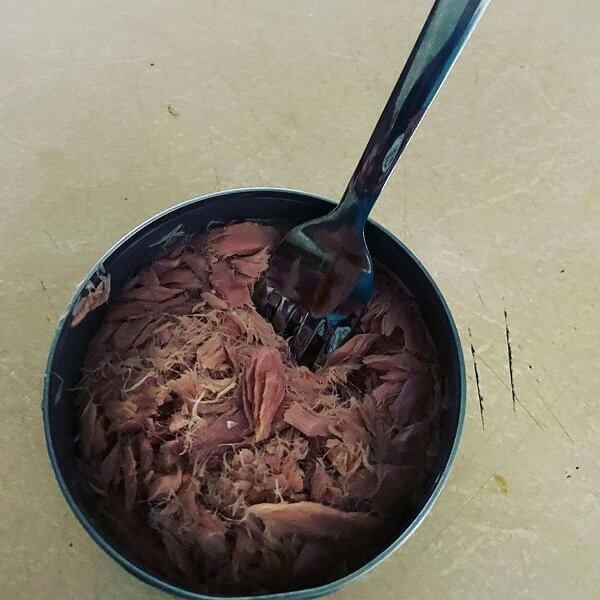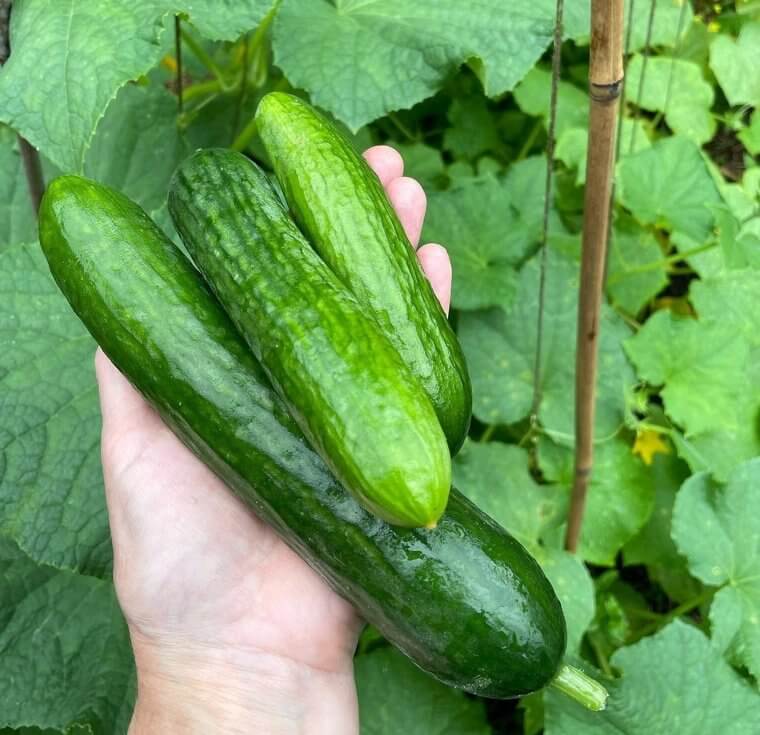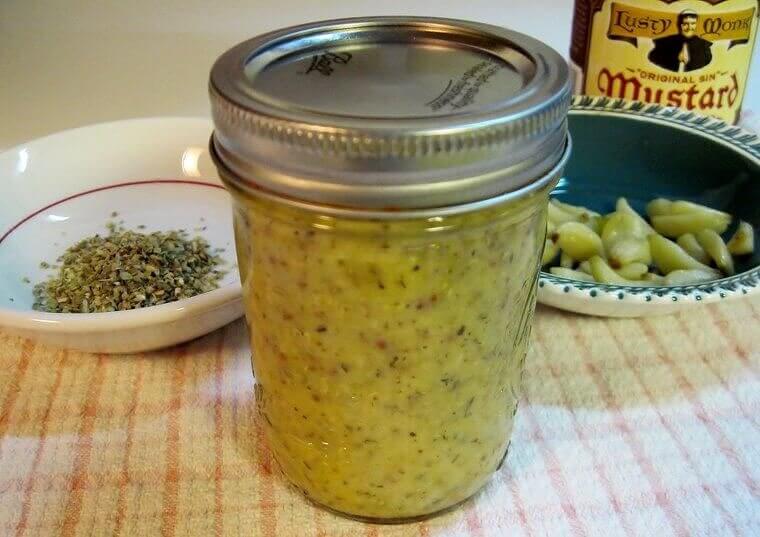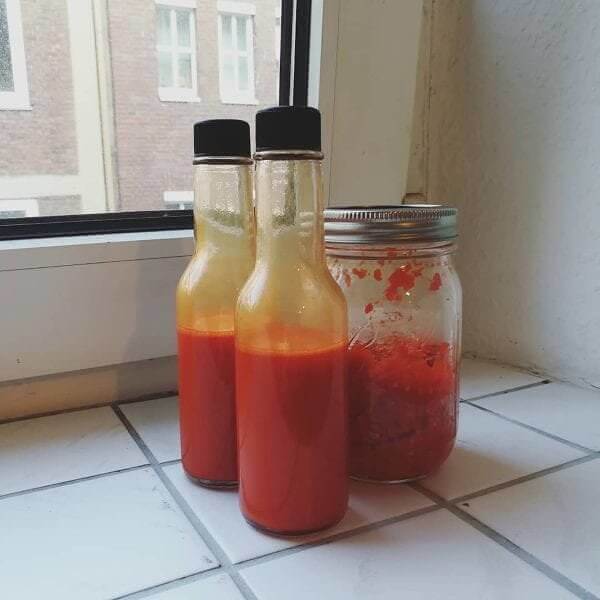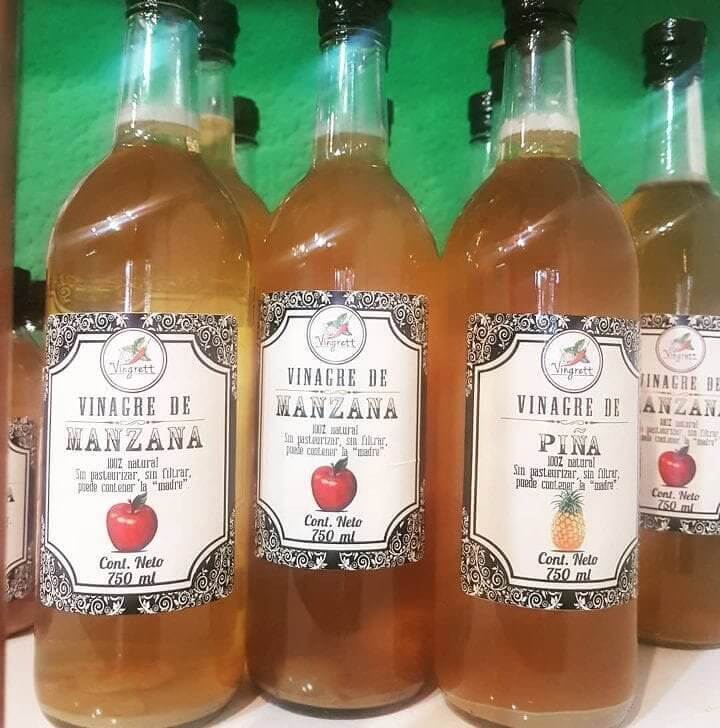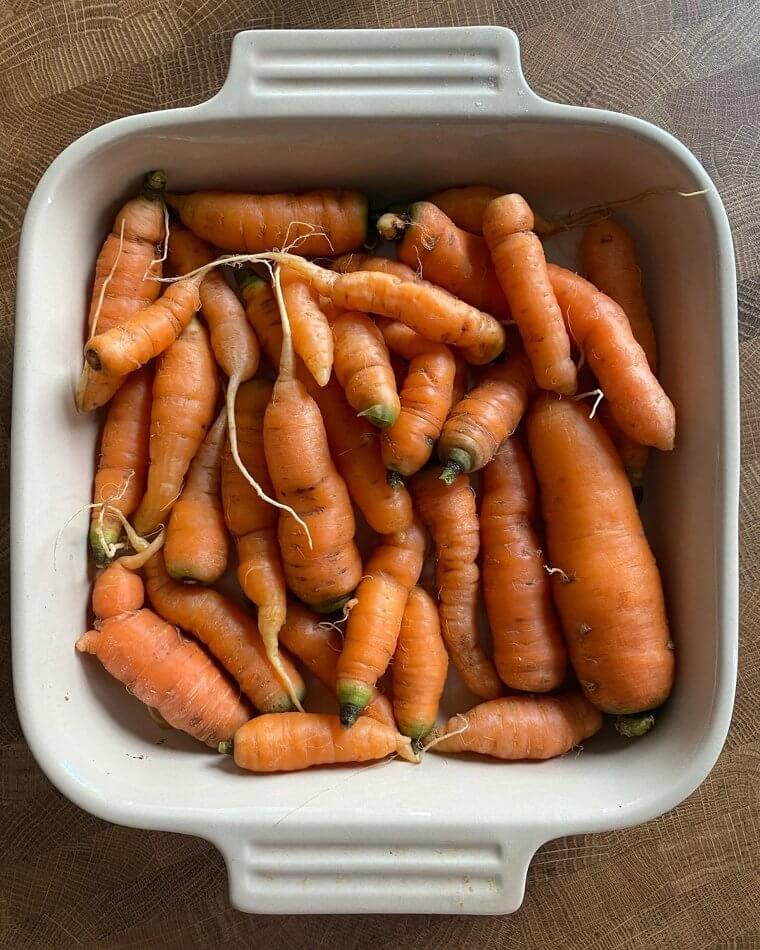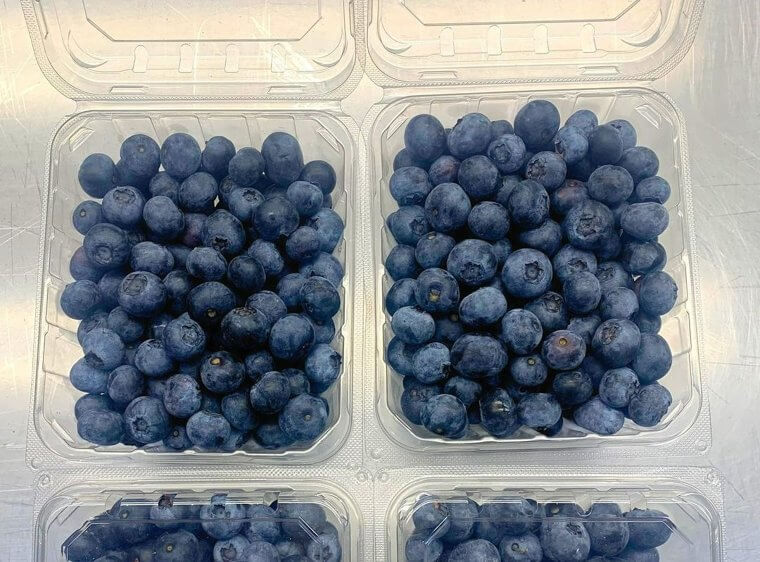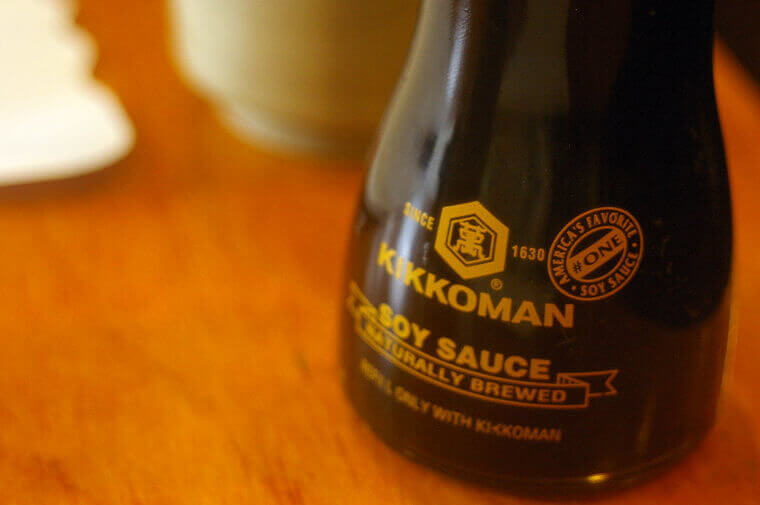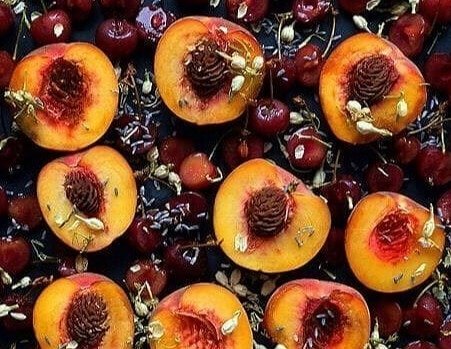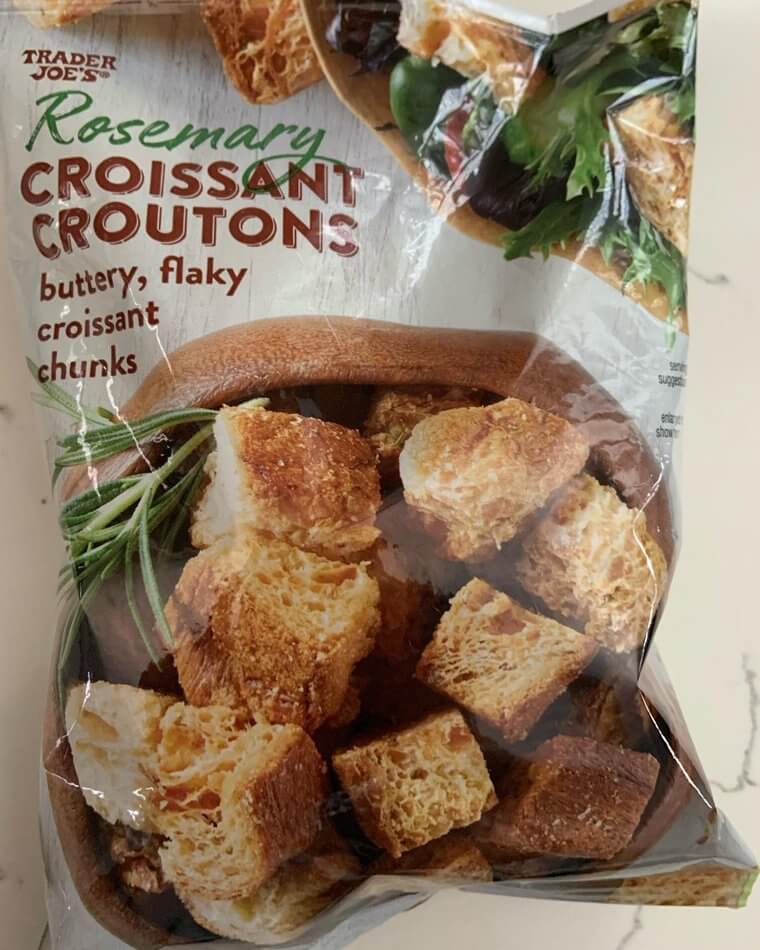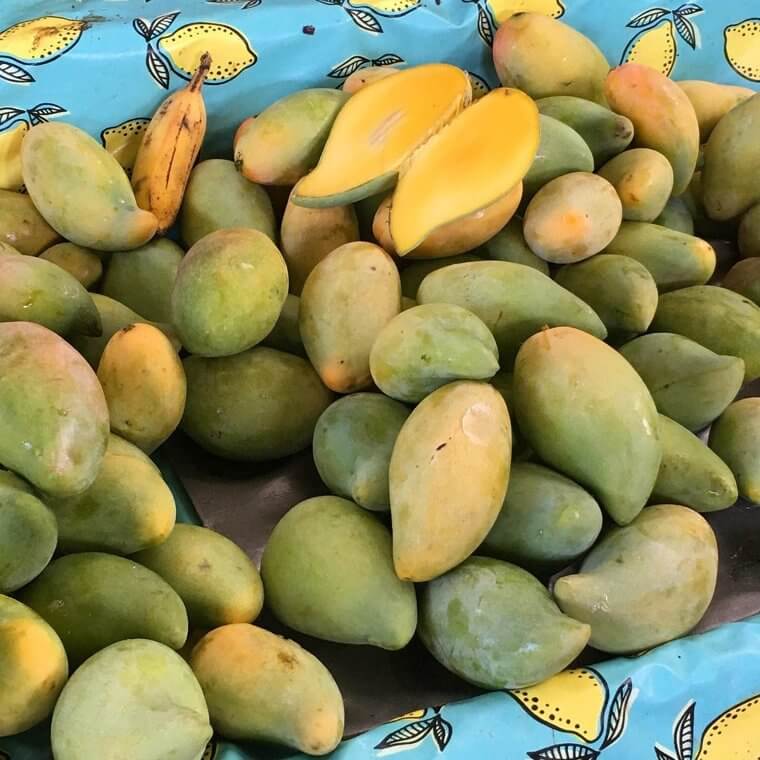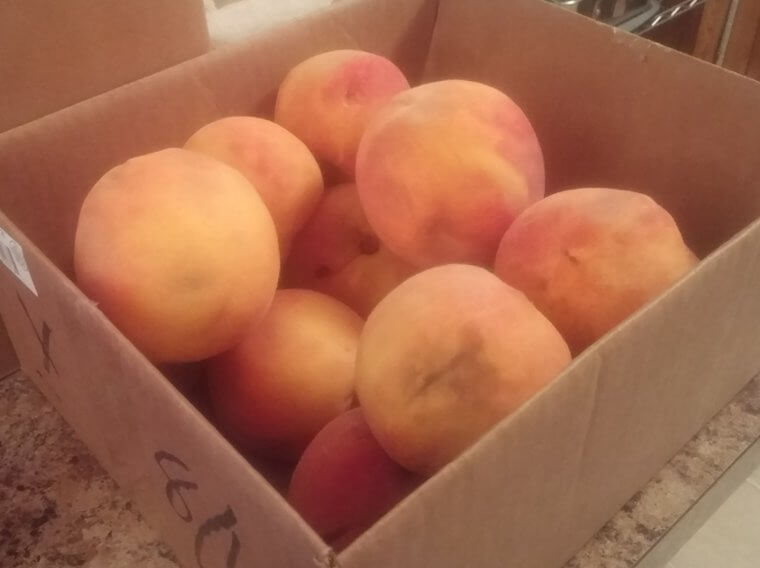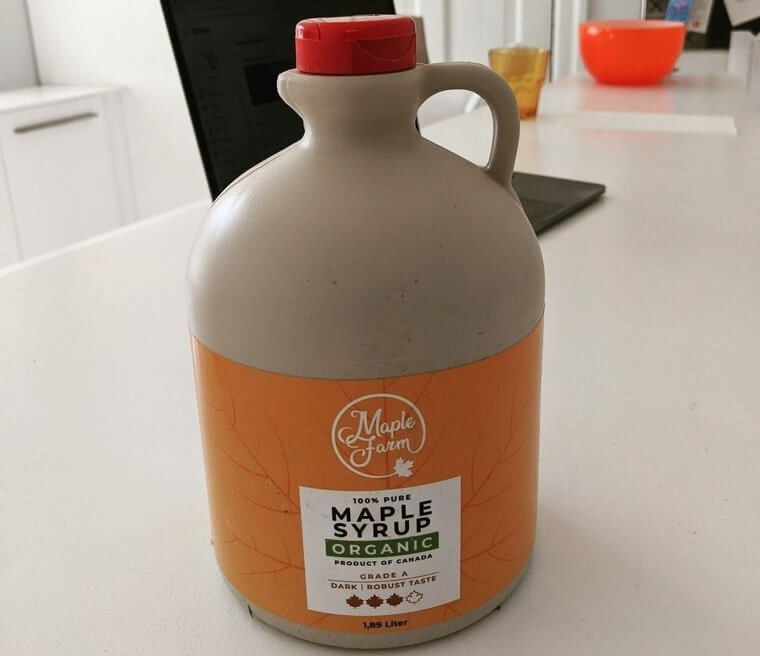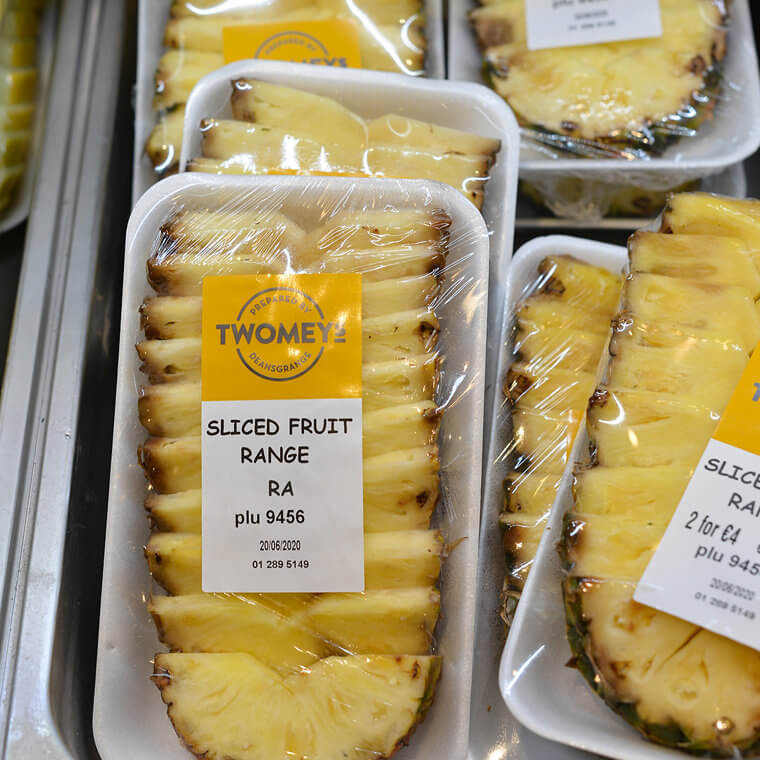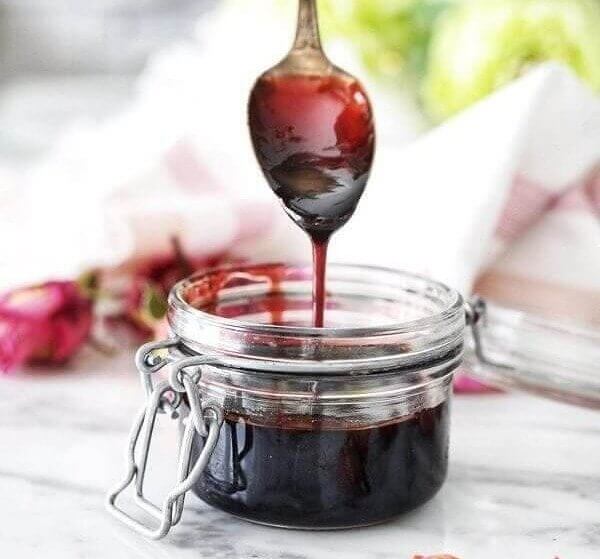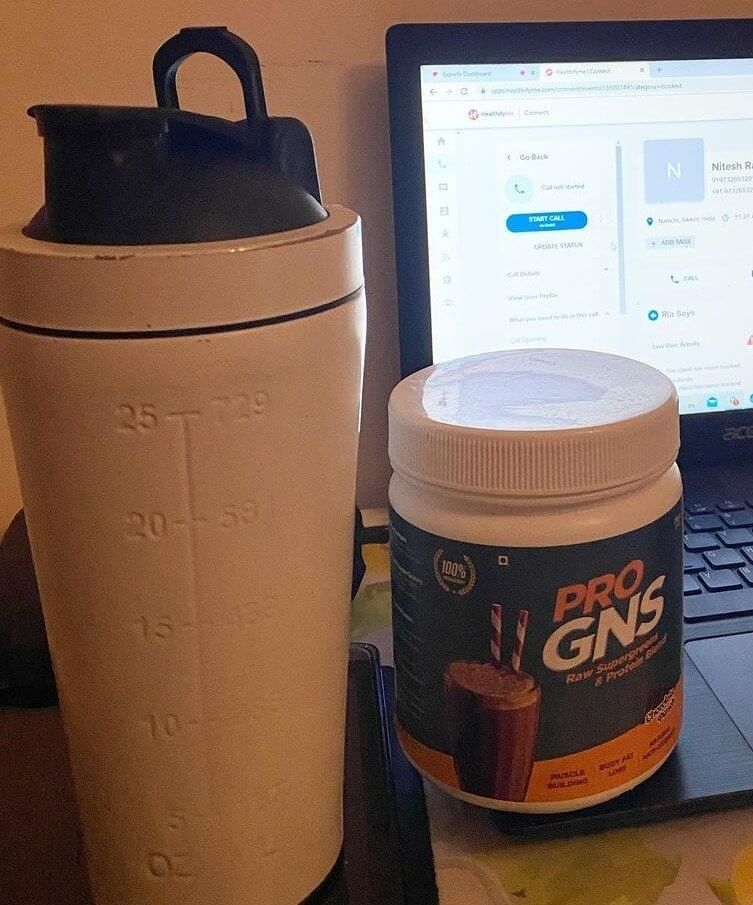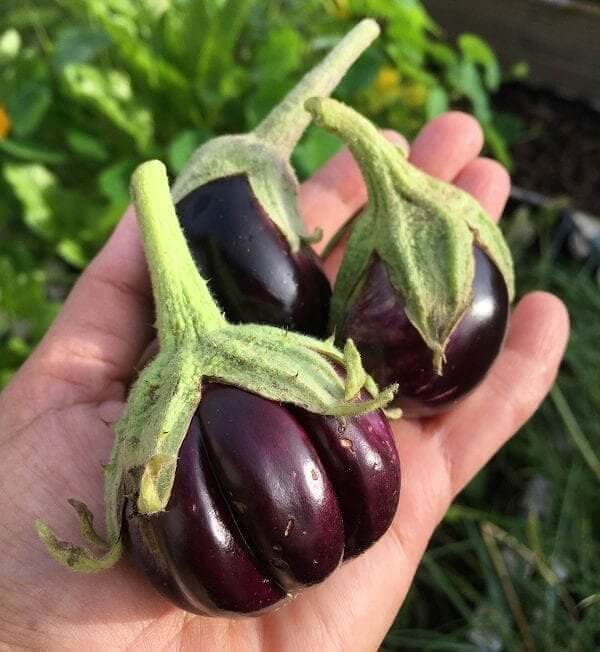This article was originally published on TastyArea
Avocados
Avocados can make a great addition to many different kinds of meals. It is just a shame they are usually so unwilling to cooperate. It is not uncommon to spend money on an avocado, only to get home and find out it is not fully ripe or, even worse, rotting away on the inside. While this might tempt you to throw your avocados in the fridge, you might want to resist that urge.
Storing avocados in the fridge will actually stop the ripening process. If you want to make sure avocado is not going bad before you open it, try to test its firmness. If an avocado feels mushy, then it might be on its way to going bad.
Aged Cheeses
This one might sound counterproductive, but aged cheeses should generally not be stored in a fridge. If they are, they can often turn into a brick. This is because refrigerators can further dry out matured cheeses. It takes some cheeses months or more to cure properly. This is what gives them their unique tastes, so best not to waste all that time by throwing them in the fridge and losing flavor.
Instead, try storing them in a dark place away from too much humidity. This could be a pantry or cabinet. Of course, there are some cheeses that need to be stored in a fridge, but they will usually say that on their packaging.
Jam
Jam is another item commonly stored in refrigerators. While many might disagree, most sources point to it being perfectly fine to store jam in a pantry or something similar. After all, people have been making jams since before fridges were invented. It's best to keep this item out of the refrigerator because jam contains a lot of sugar, which acts similar to salt, and naturally preserves items that use a lot of it.
But there's one important thing to get right if you plan on moving the jam to room temperature: make sure it has an airtight lid for the best longevity.
Eggs
This one might come as a surprise to many people out there, but it is usually fine to keep free-range eggs in a bowl on the counter. In fact, in many European countries, it may come as a surprise that they are stored anywhere but at room temperature. This is because eggs naturally come with a protective layer on the outside of their shell. However, in the U.S., this layer is often washed off before arriving at the grocery store.
A good way to tell if you can store your eggs at room temperature is to note how they were stored when you bought them. If you bought them from a refrigerated aisle, then best to play it safe and throw them in the fridge.
Butter
Forgive us for wading into controversy here when we say butter is perfectly fine to store at room temperature. Butter is actually packed full of salt, and it is also pasteurized, which means it is naturally averse to spoiling quickly. After all, people have been making butter for much longer than they have had refrigerators. However, if you live in a hot and humid climate, go ahead and throw that butter in the fridge.
Another reason for keeping butter at room temperature is that it spreads so much more easily than when it is chilled. Nobody likes leaving out butter just to wait around as it melts little by little.
Donuts
It is never a problem when you find yourself with leftover donuts. But, if you do happen to have more than you can eat, do not throw them in the fridge. Instead, it is better to leave them out on the counter for a couple of days (but beware, they do not last much longer than that). If you throw donuts in the fridge, they can quickly become stale.
Donuts also do not react to moisture very well, which can lead them to turn soggy in a fridge. If you do not have a box to store them in, then try storing them in an airtight container for longer shelf life.
Ketchup
Yes, this is another condiment commonly stored in household fridges. Ketchup does not need to be kept cool because the yummy condiment's acidity makes it adverse to spoiling. Some people even say that keeping ketchup out of the fridge can help preserve some of its taste for longer. However, we'll leave it up to you to test that out and decide if it really has any bearing or not.
This should probably come with one small caveat. If you happen to live in a hot and humid environment, it might be best to store ketchup in the fridge just to be on the safe side.
Mustard
This condiment is also commonly stored in fridges at home. But, there is actually no need to store mustard in a refrigerator. Like ketchup, mustard has a high concentration of acidity, which means it is naturally opposed to spoiling. For example, most restaurants keep their mustard stored at room temperature because it is perfectly fine. However, this is usually only true as long as the mustard does not have too many extra ingredients like fruits and vegetables.
Apart from that, mustard should last around two months if kept out. Just be sure to close that lid!
Whiskey
Whiskey is a drink that can be served in a couple of different ways. Depending on the quality, some people prefer it with a couple of ice cubes in order to chill the drink and slightly dilute it. Because of this, you might think it a good idea to store whisky in the fridge. However, this is not the case. Chilling whiskey, especially high-quality whiskey, will affect how it tastes.
The alcohol content and some of the other things added to whiskey mean that it is perfectly fine and even preferable to store at room temperature. Another tip for storing whiskey is that, unlike wine, whiskey is perfectly fine to store upright on a shelf or in a pantry.
Sealed Tuna
Fish usually does not have a reputation for staying fresh for very long. However, the opposite is true when we talk about canned tuna. Tin cans seal tuna away from any harmful bacteria lurking in the air, which is why these guys are found in unrefrigerated sections of grocery stores. It is perfectly fine to store tuna away with other food items in a pantry, and it should last for quite a while like this.
But if your tuna is unsealed, you'll want to store it in the fridge. It is also good to put it in a different container from its original can.
Cucumbers
Cucumbers might seem like an ideal vegetable to store in the fridge, but this moisture-packed food is actually better when kept at room temperature. Chilling cucumbers negatively affect the way they taste and can cause them to go bad quicker. But, do not take our word for it. This is all according to a study done by the University of California, which recommended storing cucumbers in a pantry or something similar.
In their study, the research team found that colder temperatures could cause small abrasions in the skin of a cucumber. This would allow bacteria to get inside of a cucumber and rot it from the inside out.
Onions
This is possibly one of the worst vegetables you can store in the fridge. Onions simply do not like being in a cold, chilled environment. When you do put onions in the fridge, their starches begin to be converted into sugar. They can even completely liquefy if left in a fridge for long enough. Instead, try to keep them in a bag or container away from the sunlight. Liquid onions won't be a thing anytime soon.
There is also another risk of storing onions in the fridge. The humidity found in a fridge tends to promote mold growth on onions. Their texture changes after only a day or so in a refrigerator.
Salad Dressing
If you store your ranch or thousand island dressing in a fridge, then keep doing that. But, for oil-based dressings, it is perfectly okay to store them in a jar or sealed container in a pantry. However, you might want to make sure that any lids are tightly sealed. The reason for their decent shelf-life is because of the natural longevity of oils and vinegar used to make up the majority of the dressing.
With that said, there are no major concerns with storing these types of dressings in the fridge if you are unsure about what kind of dressing you have.
Hot Sauce
Hot sauce is another item commonly put away in the fridge. And this one can be a bit tricky. Hot sauce contains a lot of ingredients that are naturally anti-bacterial. This means it is perfectly fine to store in a pantry or cabinet. However, storing in a fridge can increase the shelf life of many sauces. It can also cause many hot sauces to solidify as some are already pretty thick.
So, it just depends on how often you use hot sauce. If you like your food spicy (and why would you not), then it is fine to leave hot sauce out at room temperature. If you use hot sauce moderately, then it should be fine to put in the fridge in most cases.
Apples
It might seem like a good idea to store apples in the fridge at first, but this is actually not the case. Apples produce gas that in turn causes other produce to ripen quicker. So, if you have some apples stored in a tiny crisper with a bunch of other fruits, they can quickly become spoiled. Instead, put apples in a bowl on the counter and let them ripen naturally.
Storing apples in the fridge can also negatively affect their nutrient content. All of the moisture in the fridge also does not help when it comes to taste, often leaving apples feeling soggy when they come out of a fridge.
Chocolate-Hazelnut Spreads
Chocolate-hazelnut spreads include common brands like Nutella. And while it might seem like a good idea to keep these spreads in the fridge, it can actually cause them to solidify. The hazelnuts in the spread add a lot of fattiness, which easily turns solid when cooled. Nutella also advises against this on their packaging. So, it is best to store with other condiments in a cabinet and make sure the lid is tightly sealed.
Like some other things on this list, these spreads have high sugar content. That sugar content prevents these spreads from spoiling quickly naturally; it also does not hurt their taste.
Melons
This one might surprise some people, but melons taste best when stored at room temperature. And it is not just an opinion. The USDA did a study and found that melons like cantaloupe and honeydew retained more of their flavor antioxidants when stored at room temperature. That'ss right; it is actually healthier for you to store your melons away from the fridge. This also helps to keep them juicier.
Melons also keep more of their overall nutrients when stored at room temperature. However, if you have leftovers, it is fine to extend their shelf life by wrapping them and putting them in the fridge.
Vinegar
Unlike most other foods, vinegar actually actively works to preserve itself. This makes it best to store vinegar at room temperature, preferably away from sunlight. Vinegar's extremely high acidity means that its shelf life is virtually indefinite. All of this is according to the vinegar institute, which conducted a study on the product's shelf life and determined there is really no need to refrigerate. However, it should be noted that this only applies to plain vinegar.
Other items, like vinaigrettes, usually contain additional ingredients like herbs and vegetables. This means it is preferable to store these in a fridge, but if you are in doubt, double-check an item's packaging.
Baked Goods
The longer you can keep around things like cookies and other baked goods, the better. Sometimes this translates into throwing them in the fridge. But, this is actually counterproductive. Storing baked goods in a chilled environment works to drain them of any moisture they might have, causing them to go stale quicker. Instead, store them in an airtight container for best results. Another good option is to just eat them while they are fresh and tasty.
Another thing to note is that this tip is for baked goods that do not contain a high amount of dairy. For things that do, go ahead and throw them in the fridge.
Carrots
This is one that not many people may think about. Carrots are meant to be stored at room temperature, and not doing so can even cause them to rot. That's because carrots contain a lot of moisture, and that moisture can lead the vegetable to rot quicker due to the cool air of a fridge. Carrots should ideally be stored in a dry, dark area, such as in a pantry.
Carrots can last up to a week if stored at room temperature. However, if you plan on saving them for longer, then freezing is a good alternative option. Another is to buy them as you need them.
Berries
Berries are prone to spoiling, which might make you want to throw them in the fridge. However, they are fine if left out on the counter for a little while, and putting them in the fridge can cause them to lose some of their flavors. The best thing to do is to eat them the same day you get them, after washing, of course. If you do store them in a fridge, there are some things to watch out for.
Berries do not like moisture. So, when storing a fridge, try not to keep it in an airtight container (this is why most berries come in containers with holes in them).
Soy Sauce
Soy sauce can be a great addition to a lot of different meals. But did you know that you do not actually have to throw that bottle of soy sauce in the fridge after you open it? As you probably know, soy sauce contains a lot of salt. And this salt acts as a natural preservative and helps keep soy sauce preserved, even after it is opened. As long as the lid is tightly closed, it should be fine left out.
With this said, some manufacturers do recommend storing soy sauce in a cool environment. So, if you have a pantry or cabinet, throw your soy sauce in there after you finish using it.
Bread
Bread is a common item found in some refrigerators around the world. However, this is one of the worst things you can do to that fresh loaf you just picked up at the bakery. This is because putting bread in a refrigerator actually works to cut its shelf life. Bread can quickly become stale if left in the fridge. Instead, store it out on the counter or, better yet, in a bread bin.
While most loaves naturally go stale after a day or two, sliced bread can last up to a week. If you want to store it for longer, you can always put bread in a freezer and reheat it when you are ready to eat.
Stone Fruits
Stone fruits include fruits like plums, nectarines, cherries, and apricots. These types of fruits will continue to ripen when left out at room temperature, something that halts when stored in temperatures under 50 degrees Fahrenheit. Because of this, it is best to leave these fruits out so that the natural ripening process can continue to take place. However, there is another reason you generally want to avoid putting these fruits in a fridge.
Chill damage can occur if stone fruits are stored in a fridge. This happens when the ripening process is halted, resulting in a fruit that has less flavor and a different texture.
Croutons
Croutons are great for adding a bit of extra crunch or flavor to a salad. They can also just be snacked on alone. And while it may not hurt to store them in the fridge (unless you like punishing your teeth), it is certainly not necessary. Because these versatile little snacks are extremely dry, it is perfectly safe to store them at room temperature, where they can last for six or more months.
With this said, though, you might want to be a bit more careful with homemade croutons. These are more likely to store moisture and may spoil before their store-bought counterparts.
Vodka
Vodka, like whiskey, is another drink that is perfectly fine when left stored in a pantry. However, it is much more common to see vodka being chilled in a fridge. Perhaps this is because many people use vodka as a base when preparing a cocktail. This is wrong, though, and chilling vodka actually interferes with the way it tastes. This is because storing vodka in the fridge interrupts natural aging.
If you want to properly store distilled liquors, consider putting them in a pantry or liquor cabinet. This will keep them at room temperature while shielding them from the sun and any drastic changes in humidity.
Mangoes
Mangos are one of those fruits that are easy to just toss in the fridge after going out and buying produce. However, this actually slows down a natural process and can lead to them being less ripened when eaten. This is because, in many cases, farmers actually harvest their crops before they are fully ripened to take into account shipping times. The trucks that transport many of these fruits also store them at slightly cooler temperatures.
Instead, try storing mangos at room temperature so that they can continue to ripen naturally and be sweeter when you finally decide to eat them. It is also a good idea to store somewhere away from direct sunlight.
Peaches
Peaches are similar to mangoes in that letting them sit out will actually help them ripen. As with mangoes, though, try to store them somewhere away from direct sunlight, and they should last for a couple of weeks. Of course, if it is a hot day and there is nothing more you want than a chilled peach at the end of it, then it is perfectly fine to throw them in the fridge for a couple of hours.
It should also be noted that freezing peaches is perfectly fine as well. They should last in the freezer for the better part of a year, and you can enjoy them even when not in season.
Maple Syrup
Maple Syrup is a fairly common condiment seen stored in fridges. After all, you want to keep that syrupy goodness fresh for pancakes and waffles for as long as possible. However, maple syrup actually should not be stored in a fridge. Doing so can actually be potentially harmful. Maple syrup can be stored at room temperature, but it is usually best to keep it in a pantry, away from sunlight and humidity changes.
As said before, leaving maple syrup in a fridge can potentially be dangerous, but this is usually only the case if stored without the top. The cold can lead to mold growth, which nobody wants in their syrup.
Champagne
This may come as a shock to some people, but high-quality champagne should actually never be stored in a fridge. They should actually be stored in something akin to a wine cellar. For most of us, that translates to a pantry or cabinet. This is because the complex flavors of champagne need staple temperatures, which is not something you would find in a fridge. If stored in a refrigerator, champagne can quickly go sour.
Another option for storing champagne could be a liquor cabinet. However, make sure the cabinet does not have windows as it is best to keep champagne away from any sunlight.
Opened Cans
We're sure we have all been guilty at one point or another of just opening a can of something and throwing what is left into the fridge. While cans are a truly amazing way of storing food, many of their benefits are gone after the seal is broken. Once cans are open, oxygen can then enter and cause all kinds of chemical reactions. One of those reactions is called oxidation.
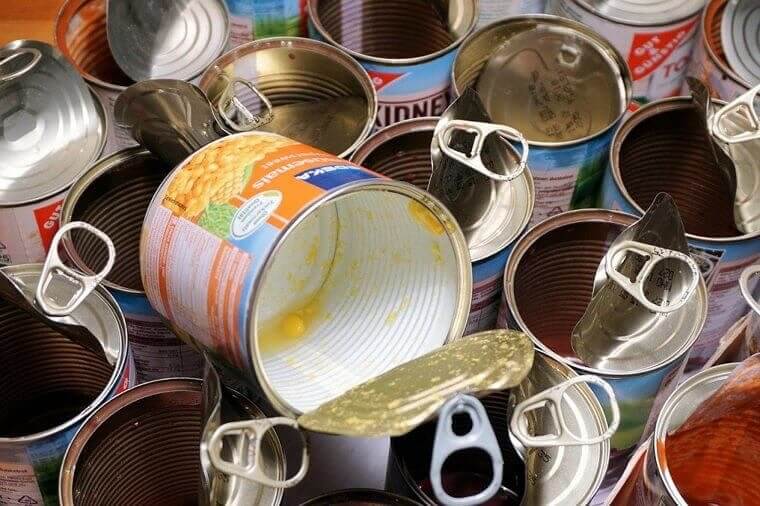
Oxidation reacts with the tin can and food, and it makes it much easier for the metal to start breaking down and entering the food in small amounts. This could result in a metallic taste as well as some possible health risks.
Tropical Fruits
As their name suggests, tropical fruits come from tropical regions, which are generally warm and humid. Because of this, it is perfectly okay to store these types of fruits at room temperature. These fruits will also sometimes continue to ripen if allowed to do so as well. Nobody wants to pick up a pineapple or kiwi, only to take a bite and find out it tastes bland or, even worst, a little frosty.
While they should not be stored in the fridge long-term, keeping tropical fruits in there after they ripen to extend shelf life is fine. Nobody would blame you for chilling them in a fridge for a couple of hours on hot days either.
Fruit Pies
Apple pies have a reputation for losing some of that delicious flavor when stored in a fridge. The good news is that they do not need to be. The reason is similar to that of jam. Fruit pies contain a lot of sugar, which helps the pies keep fresher for longer. It is always a good idea to throw some aluminum foil on top, though, just to prevent excess bacteria growth and flies from stealing your dessert.
It is also a good idea to keep away from any fruits. When fruits ripen, they release gases that in turn cause other fruits around them to ripen more quickly. Pies made primarily with dairy products should be stored in the fridge, unlike those made with fruits.
Molasses
Molasses is already a pretty thick substance. So, keeping it in the fridge only works to make it even thicker. Instead, try storing it in something like a pantry to keep away moisture, which can lead to mold growth. Molasses should also be kept in an airtight container. Other than that, molasses can last for up to a year if unopened. If it is opened, it lasts for around six months.
Another thing to keep in mind when storing molasses could be the climate where you live. As said before, molasses and moisture do not mix, so if you are not confident about your seal, throw it in the fridge.
Chocolate
Seeing chocolate on this list might be surprising for some people. After all, most items on here are things commonly kept in the refrigerator that should not be. And, believe it or not, there are many people out there who prefer to keep their chocolate in the fridge. Some of us are guilty of it, too. It just feels so nice to have a cool chocolate land in your mouth!
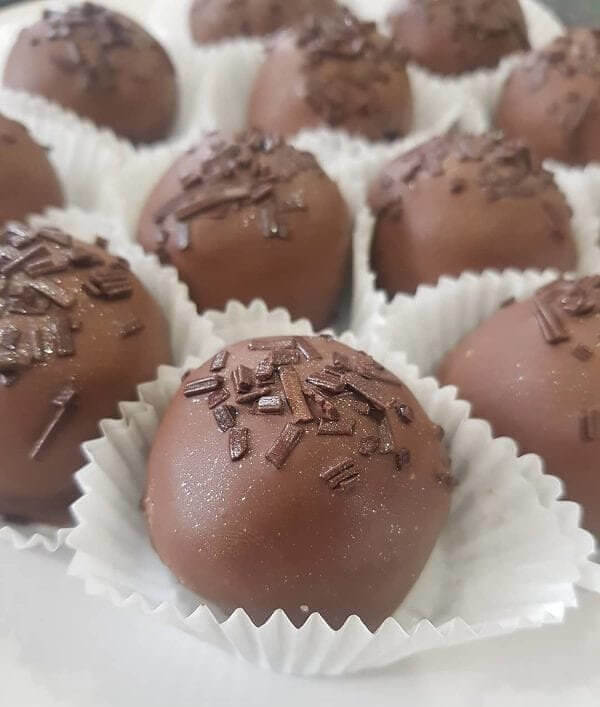
But it turns out this is a big no-no that can lead to "sugar bloom," when little dots of sugar begin to cover the chocolate, changing its texture and taste for the worse.
Fish Sauce
Like some other condiments on this list, fish sauce is surprisingly resilient to spoilage. The high amount of sodium in many store-bought brands helps fish sauce stay fresh for longer. So, it is generally a good idea to store any fish sauce in a cabinet or pantry. While this may not always be possible because fish sauce tends to be used with a few select dishes, check the expiration date if in doubt.
Storing fish sauce in a fridge can also affect its taste. A chilled environment tends to worsen the flavor of fish sauce over time. Also, take note of any fish sauce's color, as fish sauces with a red hue are best for food.
Watermelons
This one might come as a surprise to some people. There is nothing better than a cold piece of watermelon after a hot, sunny day. However, watermelons will continue to naturally ripen if left out at room temperature. These tasty fruits will be good for up to two weeks if left out to continue ripening, but why would anyone really want to wait two weeks before eating a watermelon right?
Another tip is to store them away from fruits such as apples and oranges. These fruits release gases that can cause a watermelon to go bad before it fully ripens.
Peppers
Peppers are another one of those vegetables that do just fine if left out on the counter. They can actually last this way for up to seven days and only spoil quickly after they are cut. If you find yourself with half a pepper left after cooking or cutting up for a quick snack, then throw the rest in the fridge. However, there are also some downsides to storing peppers in a refrigerator.
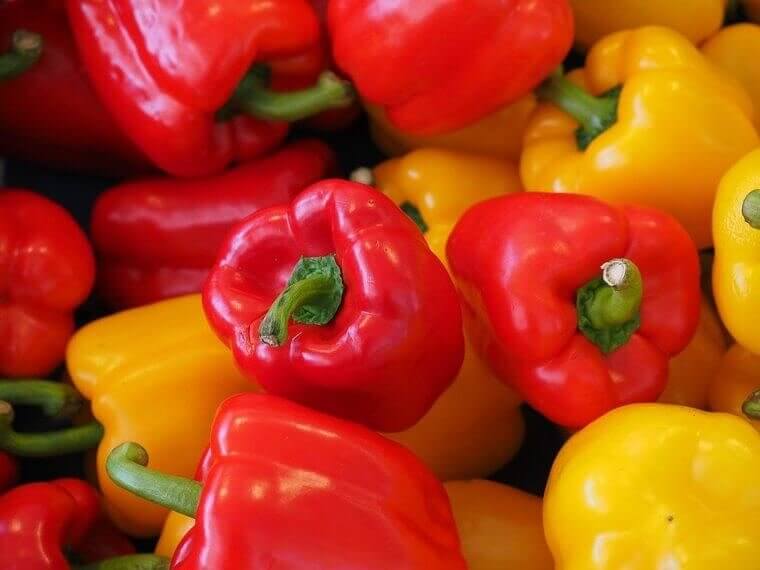
The cold environment of a fridge can actually work null some of a pepper's taste. And after all, nobody buys peppers wanting to add a little blandness to their food.
Protein Powder
This one is for all of those gym rats out there. Your protein powder is perfectly okay when stored outside of the fridge. It is actually preferable to store in a cabinet or pantry. Protein powder has a decently long shelf life, and as long as it is stored in a dry environment, it should last for a while. This means keeping it away from any moisture, though, which can sometimes be found lurking about in a fridge.
This is especially true for the more dedicated out there. If you tend to go through protein powder rather quickly, then it is certainly okay to keep out if the bag or container is properly sealed.
Eggplants
Eggplants are a vegetable that is commonly stored in a crisper. However, it is actually best to store them outside of the fridge. This is because they can be sensitive to some of the gases emitted by other produce. With that said, eggplants generally do not have the best shelf life. So, if you do buy them, try to cook them no more than two days after they are purchased.
If you do not plan on eating them quickly, then you can go ahead and throw them in the fridge. Just be sure to keep them away from other produce.



